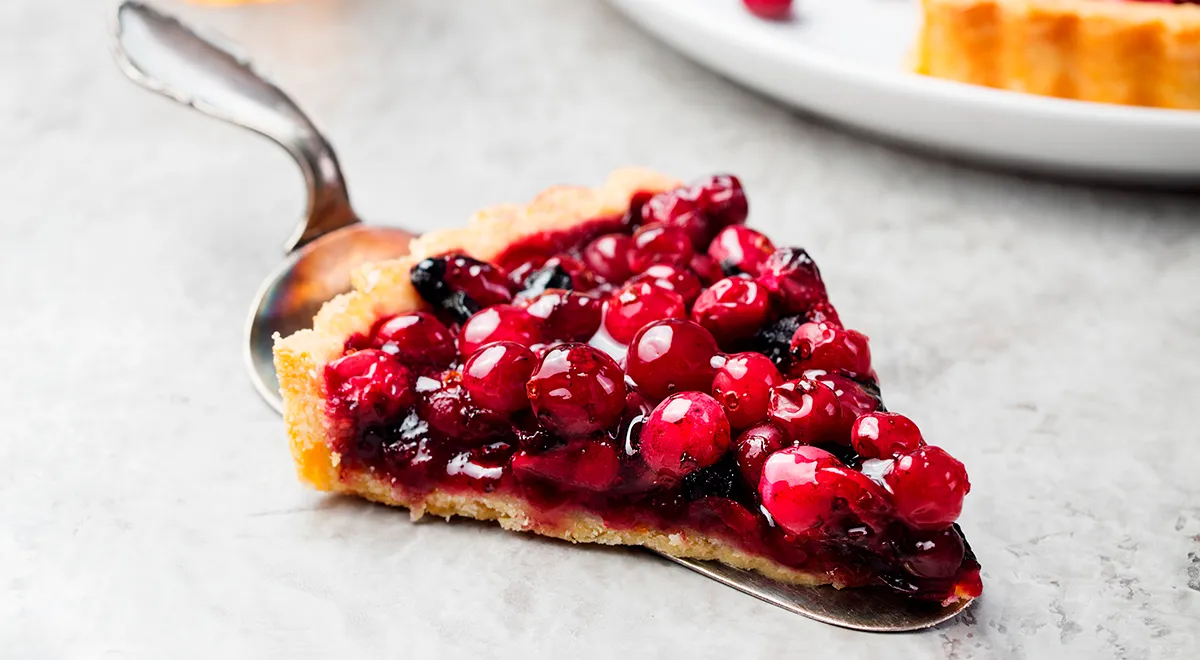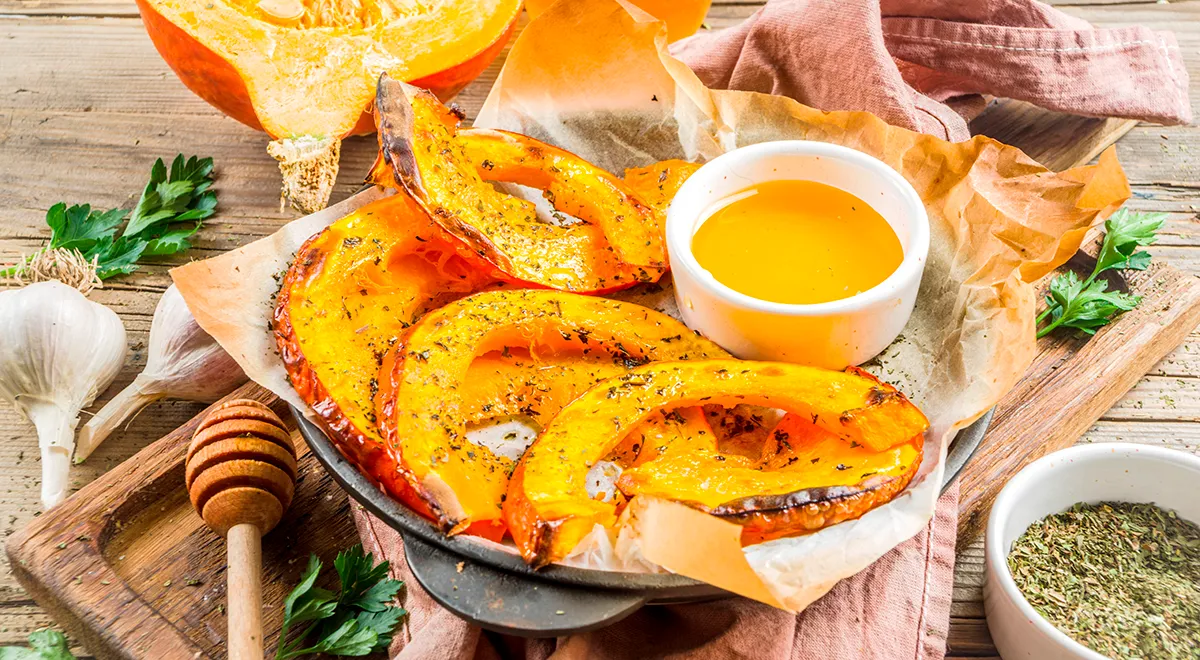Democracy is a daily reminder of values

This is a speech by Sevgil Musaieva, editor-in-chief of Ukrayinska Pravda, upon receiving an award from the Center for European Policy Analysis in the category "Freedom Fighter." The award ceremony took place on October 8, 2025, in Washington, D.C.
"Do you have a handkerchief?"
That's how German writer Herta Müller began her Nobel lecture in 2009.
A simple, ordinary, almost tender question that her mother used to ask her every morning.
But it was never really about the handkerchief.
It was about love — about the kind of care that fits into something small, something you can carry in your pocket — even when your mother is gone.
Müller said she sometimes deliberately left her handkerchief at home, just to hear that question again.
Because the true meaning of a handkerchief is not to wipe away your tears — but to remember: somewhere, someone is thinking of you.
Someone loves you.
***
I thought of this story recently — as I was standing in Saint Michael's Cathedral, in free Kyiv, holding my own handkerchief in my hands.
Surrounded by candles and flowers, we were saying goodbye to our colleague — the journalist Viktoriia Roshchyna.
Viktoriia's mission was simple and brave: to tell the world the truth about people living under Russian occupation.
In summer 2023 she went to the occupied territories of Ukraine, and she never came back.
A year ago, her father received the most terrible news:
Viktoriia has died in Russian captivity.
We began to investigate what had happened to her. We traced her final journey — Enerhodar. Melitopol. Taganrog. Novorossiysk. Perm.
Four prisons.
Torture.
Electric shocks.
Beatings.
Exhaustion.
When Viktoriia's body was returned to Ukraine, it was so badly mutilated that it was unrecognizable.
And then we learned something even more horrifying: the Russians had returned the body without a brain, without eyes, without a trachea — trying to erase the traces of torture, to erase her.
But we didn't let that happen.
Together with dozens of journalists from different countries, we finished Viktoriia's investigation.
It was about the "invisible" people — more than 16,000 civilians illegally held in Russian prisons and torture chambers.
We documented stories of beatings, of rape, of electric shock torture.
And sometimes, listening to those testimonies, I would realize I couldn't breathe. It was the hardest story of my life. But it had to be told — so that the truth would not die, so that Viktoria's voice could live on.
***Before coming here, I ran into an old university friend — a woman from Mariupol.
She hasn't seen her mother for four years.
Russia won't let her into the city. And her mother can't leave occupied Mariupol — she cares for her own elderly mother, and she's afraid she'd never be allowed back.
My friend told me she hasn't heard from her husband — a soldier — for three months. He's missing near Pokrovsk. Maybe there's still hope he's alive. But that feeling of uncertainty, of not knowing, is the hardest part.
And every day, her two children — who are nine and thirteen — ask her:
"Mom, where is Dad?"
She can't answer. And I couldn't either. So I just hugged her — and she cried on my shoulder.
***We Ukrainians live in this state of uncertainty every day. We don't know what tomorrow will bring.
We are tired.
We are wounded.
But we hold on — because we have no other choice.
And now, more than ever, we need solidarity, we need compassion,we need humanity.
Your words, your attention, your presence — they matter.
They help us endure.
***
Dear friends, this is not just a story about one journalist, or one woman from Mariupol.
It's a story about democracy — in our time.
Because something is deeply wrong with democracy
if Russia can torture, kill, and imprison thousands of people
— and the democratic world remains powerless.
Viktoriia believed that even one voice matters. She risked everything. And she paid the highest price.
***
I, too, know what it means to lose your home.
I am a Crimean Tatar.
My family was deported from their native land by Stalin in 1944.
I grew up in Crimea — but for eleven years now, I haven't been able to return because of Putin's occupation.
A part of my life remains there — and people I love remain beyond my reach. I cannot liberate Crimea alone. But I can do something every day. I can speak. I can write. I can bear witness.
***
For me, freedom of speech is not a slogan. It's not a declaration. It's my daily work. My handkerchief —a symbol of love, resilience, and responsibility. And I want to say this clearly:
Democracy is not given once and forever. It doesn't exist by itself. Democracy is daily work. A daily act of responsibility, of love, of support, of solidarity. A daily reminder of what truly matters — even when there are so many reasons to forget.
Because democracy is not born in a day, and it does not die in a moment. It lives as long as we are willing to carry it with us — like a simple symbol of love, a simple symbol of care — like that handkerchief that is always near.
And at the same time — as greatest duty of our generation.
Sevgil Musaieva








